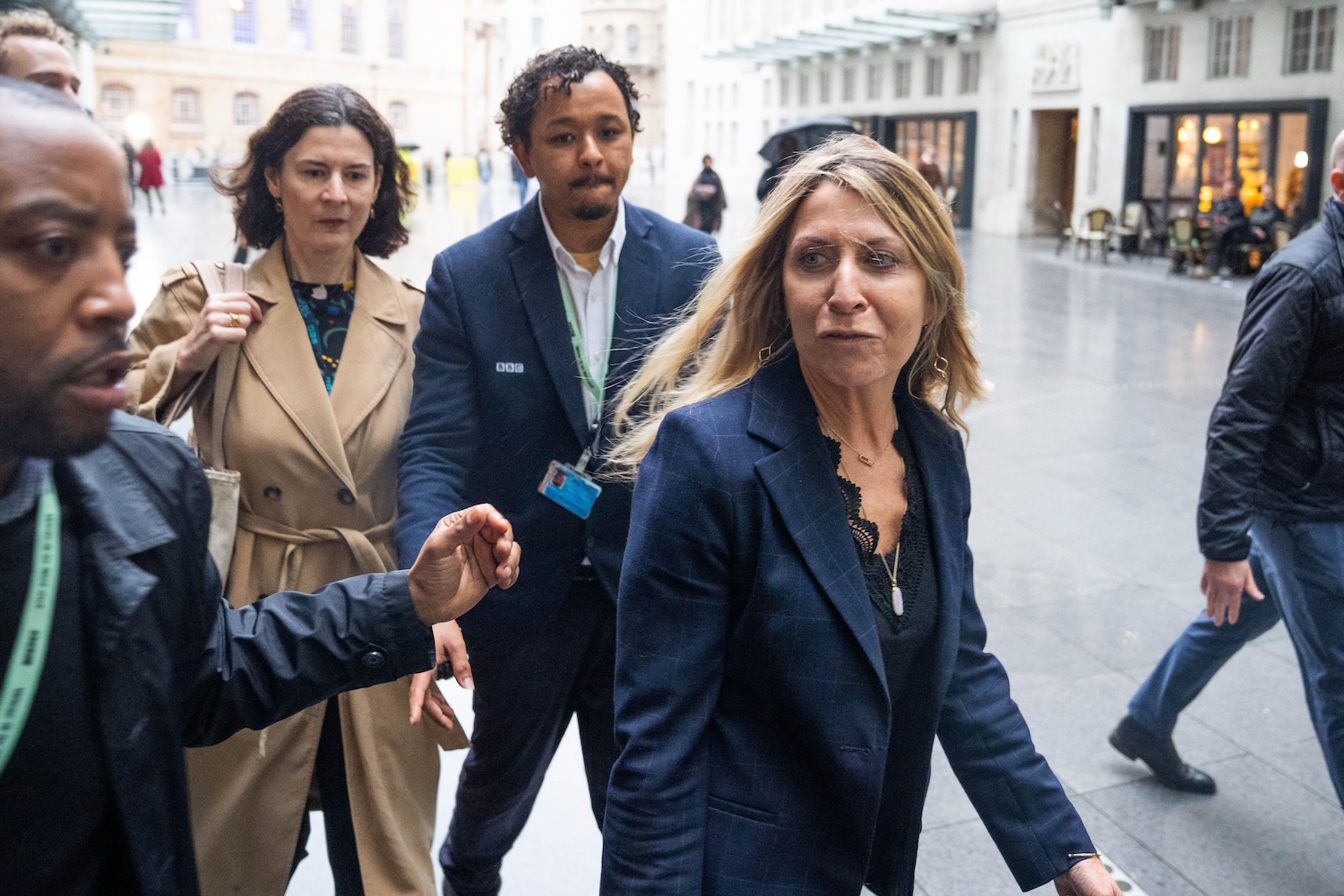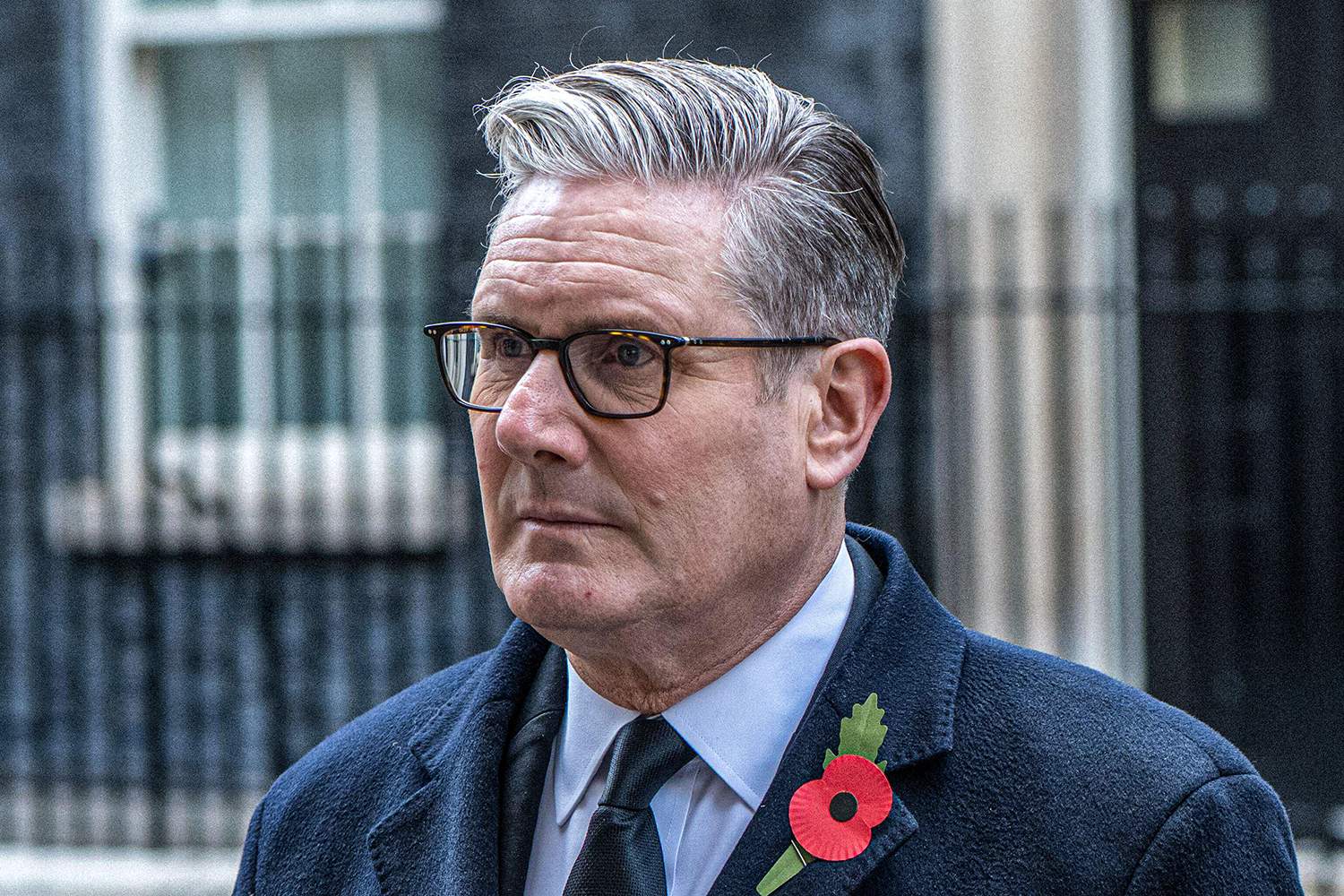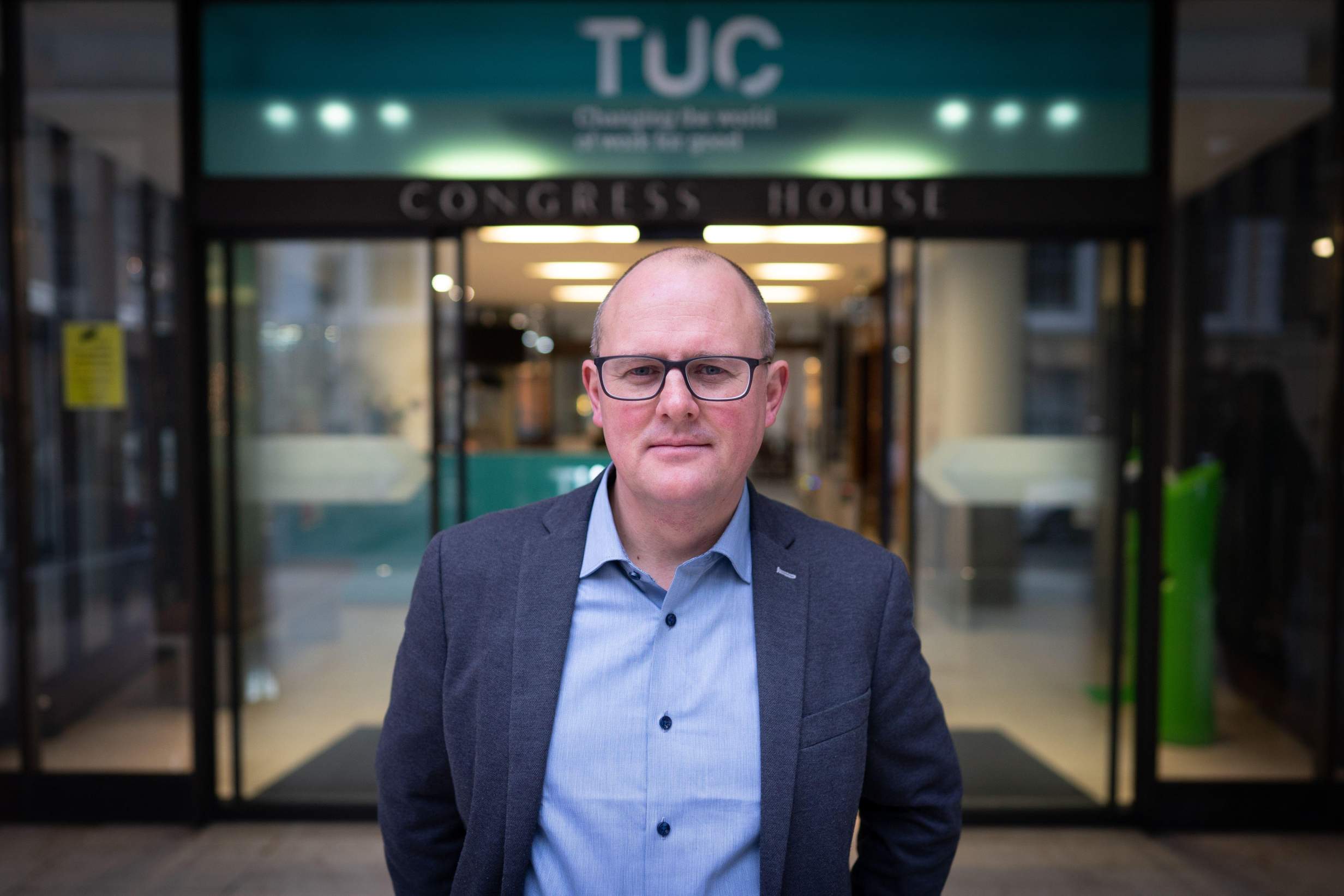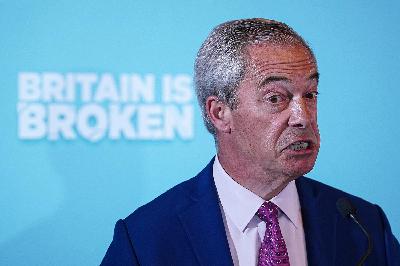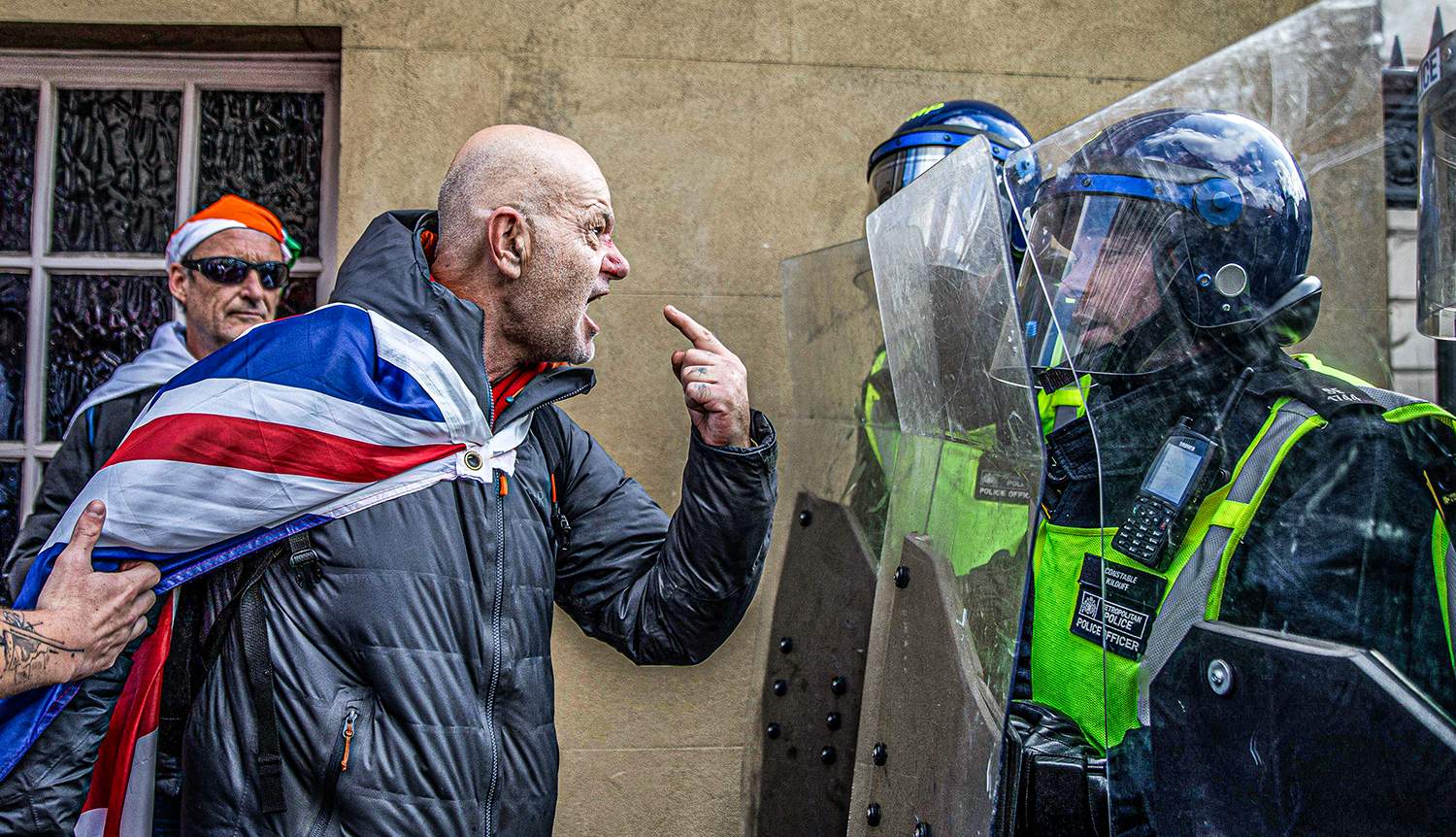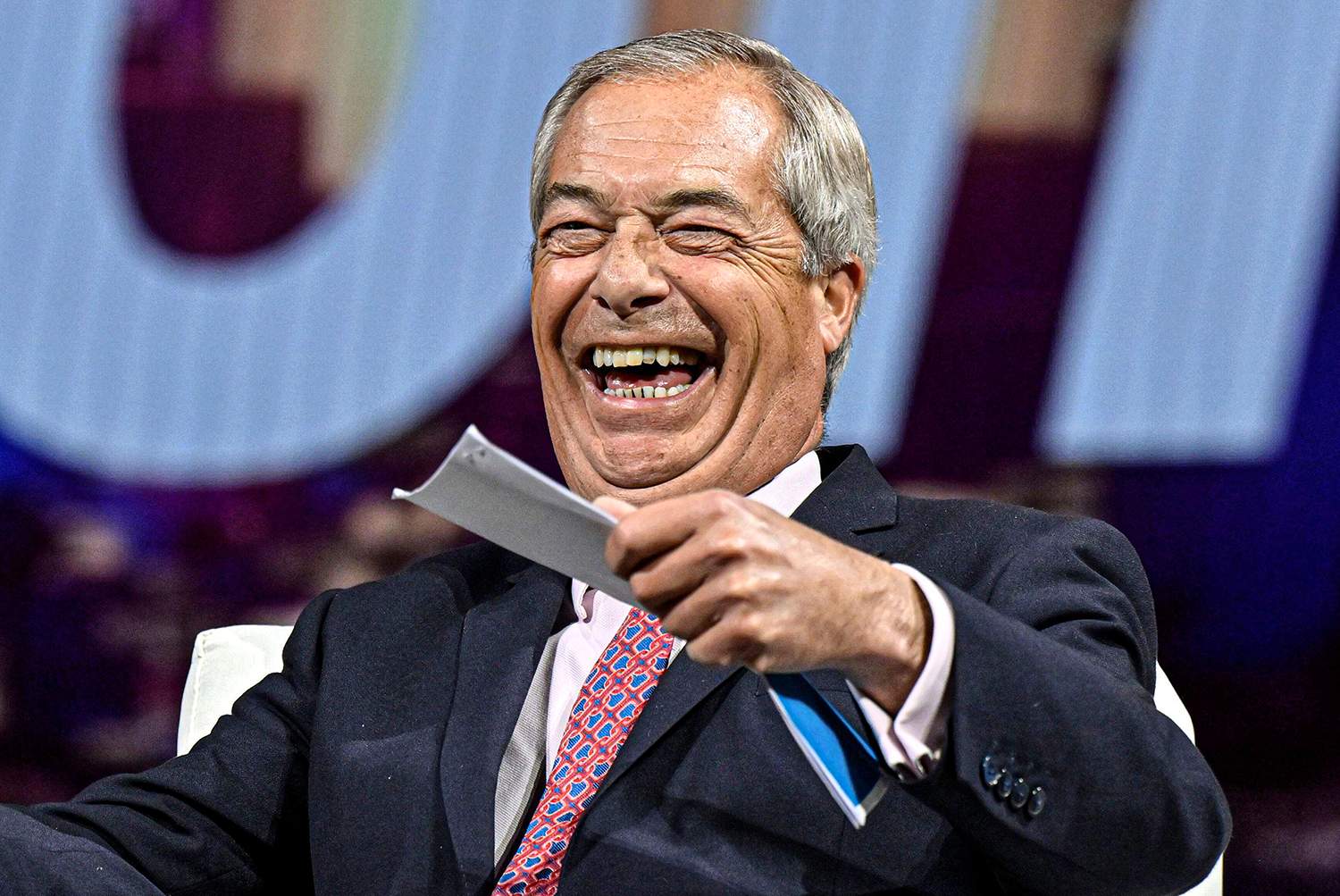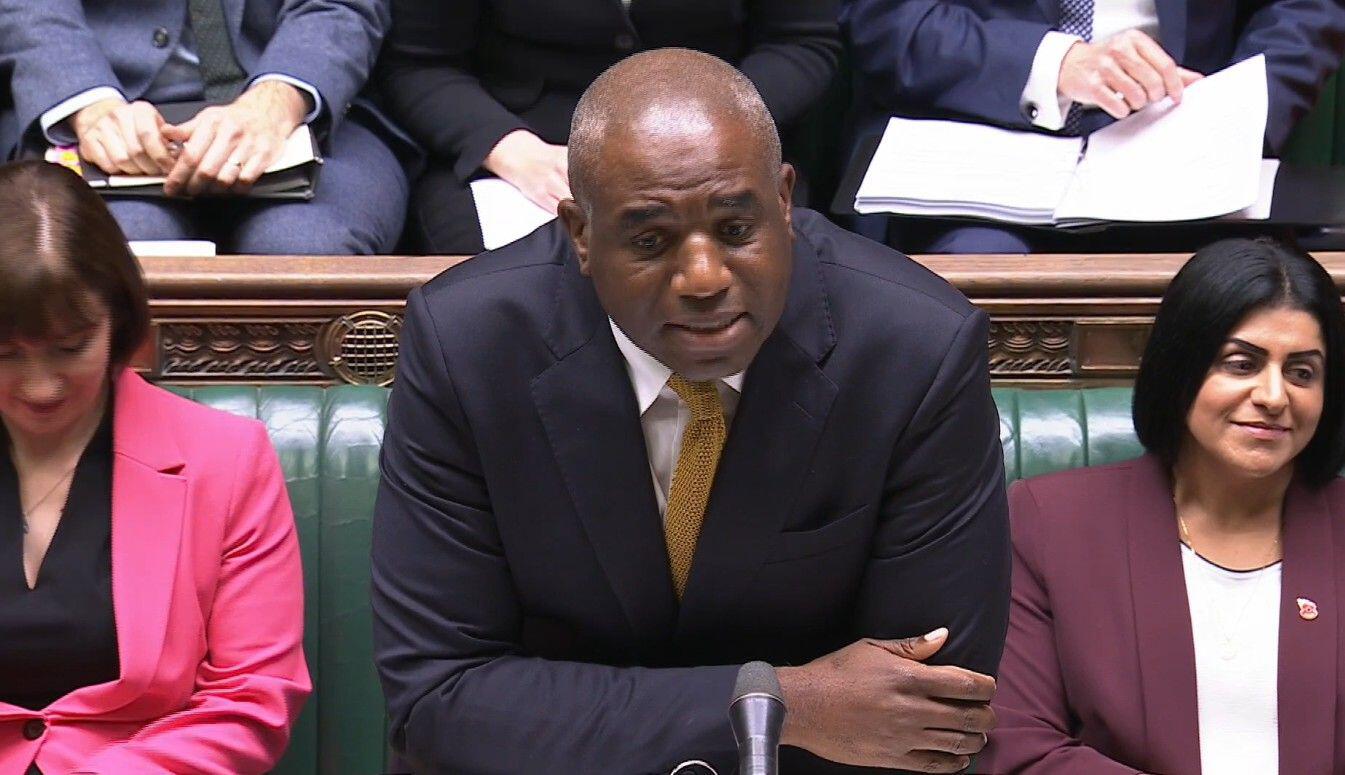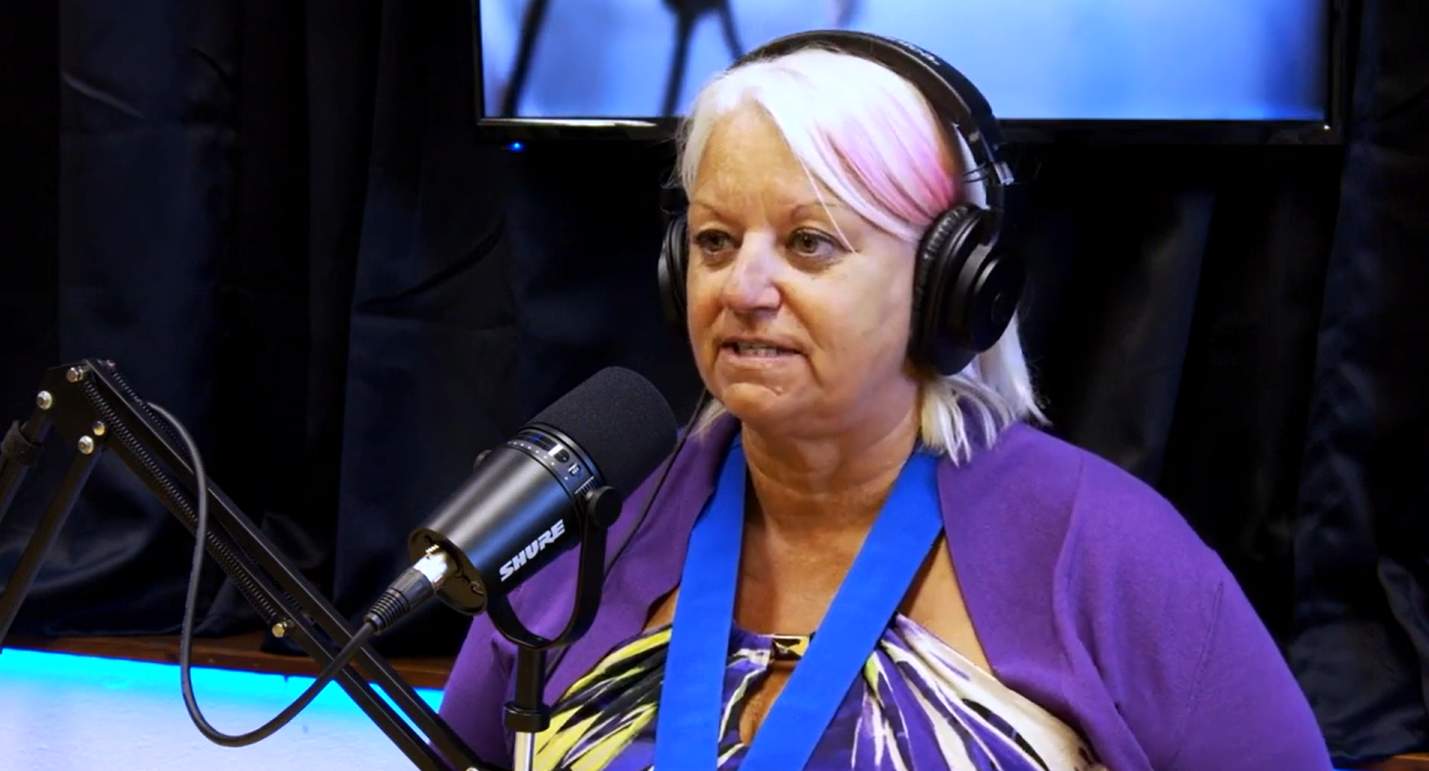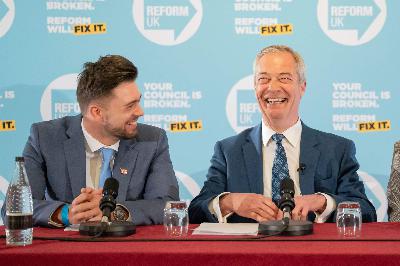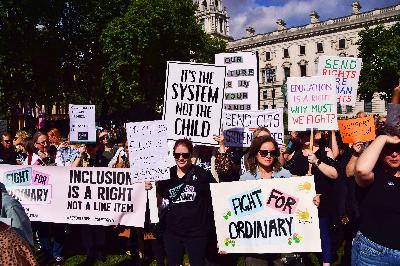'The BBC's Surrender to Trump Is a Moment of Existential Weakness'
Update: 2025-11-10
Description
Support our mission to provide fearless stories about and outside the media system
Packed with exclusive investigations, analysis, and features
SUBSCRIBE TODAY
We surely all have our own thoughts and feelings about the BBC during its current hour of need. However, here in the UK there are very few who would agree with Donald Trump's spokesperson, Karoline Leavitt, that the BBC is "100% fake news" and a "propaganda machine."
Indeed when last surveyed by pollsters IPSOS, 57% of respondents said they would turn to the BBC as the one news outlet they trust the most, albeit this figure appears to be on the slide.
And yet Leavitt and her boss have clearly now played a significant part in bringing about the removal of the Corporation's Director General Tim Davie and its News CEO Deborah Turness.
Davie had no real feel for news and current affairs but was irritated and eventually worn out by it. The ex-Procter & Gamble, plus Pepsi, brand guy would have been instrumental in creating a brand statement which proclaims: "The BBC is a bridge between us. A common ground. A reflection of who we are. It belongs to every one of us." Now that may sometimes work with programmes like The Archers, Celebrity Traitors or the opening ceremony of the 2012 Olympic Games.
But BBC News and Current Affairs is necessarily not about cuddly togetherness and consensus. It can never be a televised speaker's corner, however many phone-ins or episodes of Any Answers it airs. The audience cannot control the message, even when they don't like hearing it.
The BBC's Attempts to Appease the 'Right-Wing Coup' Against It Are Now Seeding Its Own Destruction
By attempting to appease those forces seeking to destroy them, the BBC has helped trigger a crisis that now threatens its very future, argues Adam Bienkov
Adam Bienkov
Nowadays, hundreds of pressure groups with their own individual axes to grind believe they are justified in relentless shelling of the BBC.
It's the softest of targets and loves agonised navel-gazing. Has any media organisation ever spent so many thousands of hours in masochistic self-analysis? It lacks the will and the mentality to fight back. Has it ever tried to sue anyone? A rare exception to this is the extraordinary writ for libel taken out against the journalist Owen Jones by its Middle East Online editor Raffi Berg.
In my small way, I found myself on the receiving end of this a number of years ago when presenting the BBC Radio 4 show In Business as a freelance journalist. I made the schoolboy error of tangling with Conserative to UKIP defector MP Douglas Carswell over Brexit on Twitter.
Quick as a flash, he made a formal complaint and I was hauled up in front of my producer, told my opinion had no place and given the door-stopper Editorial Guidelines to read for my homework. Carswell, incidentally, who currently resides in Mississippi, in September of this year posted "let's make England Abdul-free" as his response to the migration debate.
It's been forced over recent years to offer an impartial, "unbiased" line on everything. This can sometimes reach ludicrous levels, to the point where if someone appears on air and declares the world is round, you half expect the presenter of the programme to chip in with "of course there are many who believe the world is flat." Whether it's the genocide in Gaza, or Climate Change, this approach has led to some absurd journalistic gymnastics.
It is the job of the journalist to cut through influence-peddling and disinformation and present truths. However, we now live in a world where no longer do we hold truths to be self-evident; we hold all truths to be self-evident. Even the ones that aren't.
The producers of The Panorama programme may have made an error by splicing together Trump's January 6th speech, but the fact remains that he was indicted for incitement. And he's been guilty of far worse things since. It's also worth noting that Trump's ratings, while low in the US, plumb the depths here in Britain ...
Packed with exclusive investigations, analysis, and features
SUBSCRIBE TODAY
We surely all have our own thoughts and feelings about the BBC during its current hour of need. However, here in the UK there are very few who would agree with Donald Trump's spokesperson, Karoline Leavitt, that the BBC is "100% fake news" and a "propaganda machine."
Indeed when last surveyed by pollsters IPSOS, 57% of respondents said they would turn to the BBC as the one news outlet they trust the most, albeit this figure appears to be on the slide.
And yet Leavitt and her boss have clearly now played a significant part in bringing about the removal of the Corporation's Director General Tim Davie and its News CEO Deborah Turness.
Davie had no real feel for news and current affairs but was irritated and eventually worn out by it. The ex-Procter & Gamble, plus Pepsi, brand guy would have been instrumental in creating a brand statement which proclaims: "The BBC is a bridge between us. A common ground. A reflection of who we are. It belongs to every one of us." Now that may sometimes work with programmes like The Archers, Celebrity Traitors or the opening ceremony of the 2012 Olympic Games.
But BBC News and Current Affairs is necessarily not about cuddly togetherness and consensus. It can never be a televised speaker's corner, however many phone-ins or episodes of Any Answers it airs. The audience cannot control the message, even when they don't like hearing it.
The BBC's Attempts to Appease the 'Right-Wing Coup' Against It Are Now Seeding Its Own Destruction
By attempting to appease those forces seeking to destroy them, the BBC has helped trigger a crisis that now threatens its very future, argues Adam Bienkov
Adam Bienkov
Nowadays, hundreds of pressure groups with their own individual axes to grind believe they are justified in relentless shelling of the BBC.
It's the softest of targets and loves agonised navel-gazing. Has any media organisation ever spent so many thousands of hours in masochistic self-analysis? It lacks the will and the mentality to fight back. Has it ever tried to sue anyone? A rare exception to this is the extraordinary writ for libel taken out against the journalist Owen Jones by its Middle East Online editor Raffi Berg.
In my small way, I found myself on the receiving end of this a number of years ago when presenting the BBC Radio 4 show In Business as a freelance journalist. I made the schoolboy error of tangling with Conserative to UKIP defector MP Douglas Carswell over Brexit on Twitter.
Quick as a flash, he made a formal complaint and I was hauled up in front of my producer, told my opinion had no place and given the door-stopper Editorial Guidelines to read for my homework. Carswell, incidentally, who currently resides in Mississippi, in September of this year posted "let's make England Abdul-free" as his response to the migration debate.
It's been forced over recent years to offer an impartial, "unbiased" line on everything. This can sometimes reach ludicrous levels, to the point where if someone appears on air and declares the world is round, you half expect the presenter of the programme to chip in with "of course there are many who believe the world is flat." Whether it's the genocide in Gaza, or Climate Change, this approach has led to some absurd journalistic gymnastics.
It is the job of the journalist to cut through influence-peddling and disinformation and present truths. However, we now live in a world where no longer do we hold truths to be self-evident; we hold all truths to be self-evident. Even the ones that aren't.
The producers of The Panorama programme may have made an error by splicing together Trump's January 6th speech, but the fact remains that he was indicted for incitement. And he's been guilty of far worse things since. It's also worth noting that Trump's ratings, while low in the US, plumb the depths here in Britain ...
Comments
In Channel

